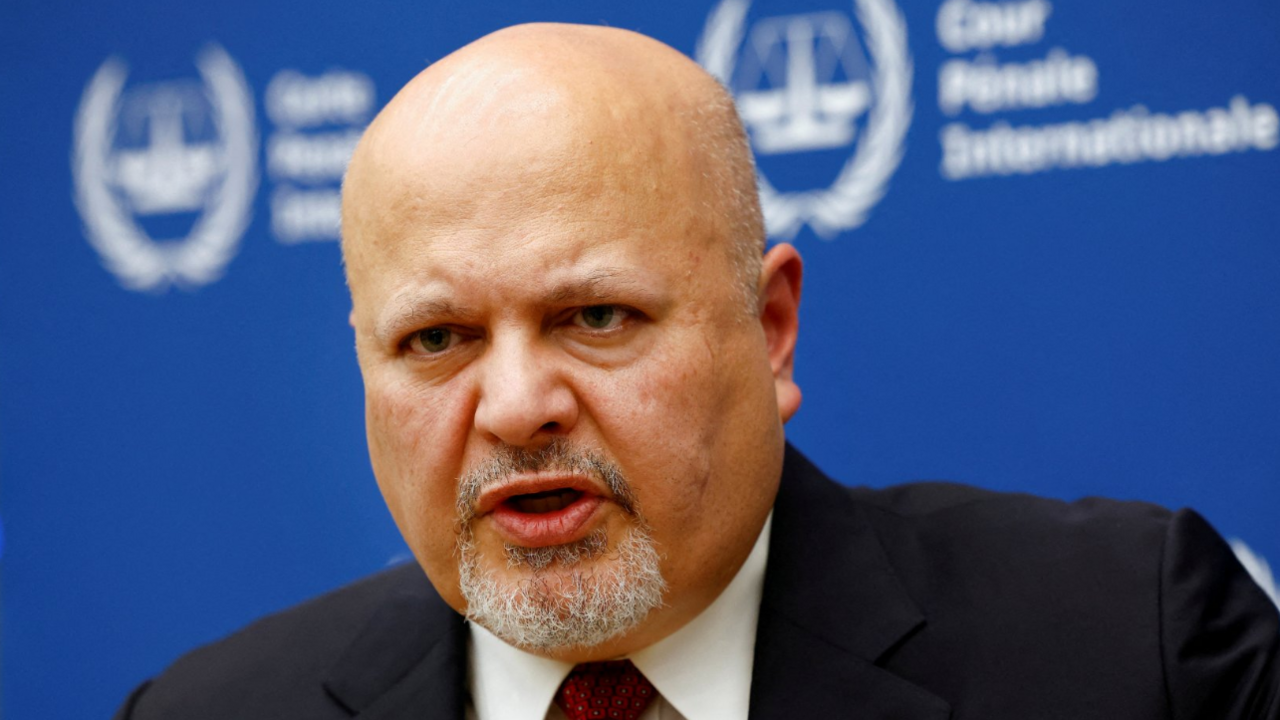Gardner: ICC warrants 'major blow to Israel's standing'
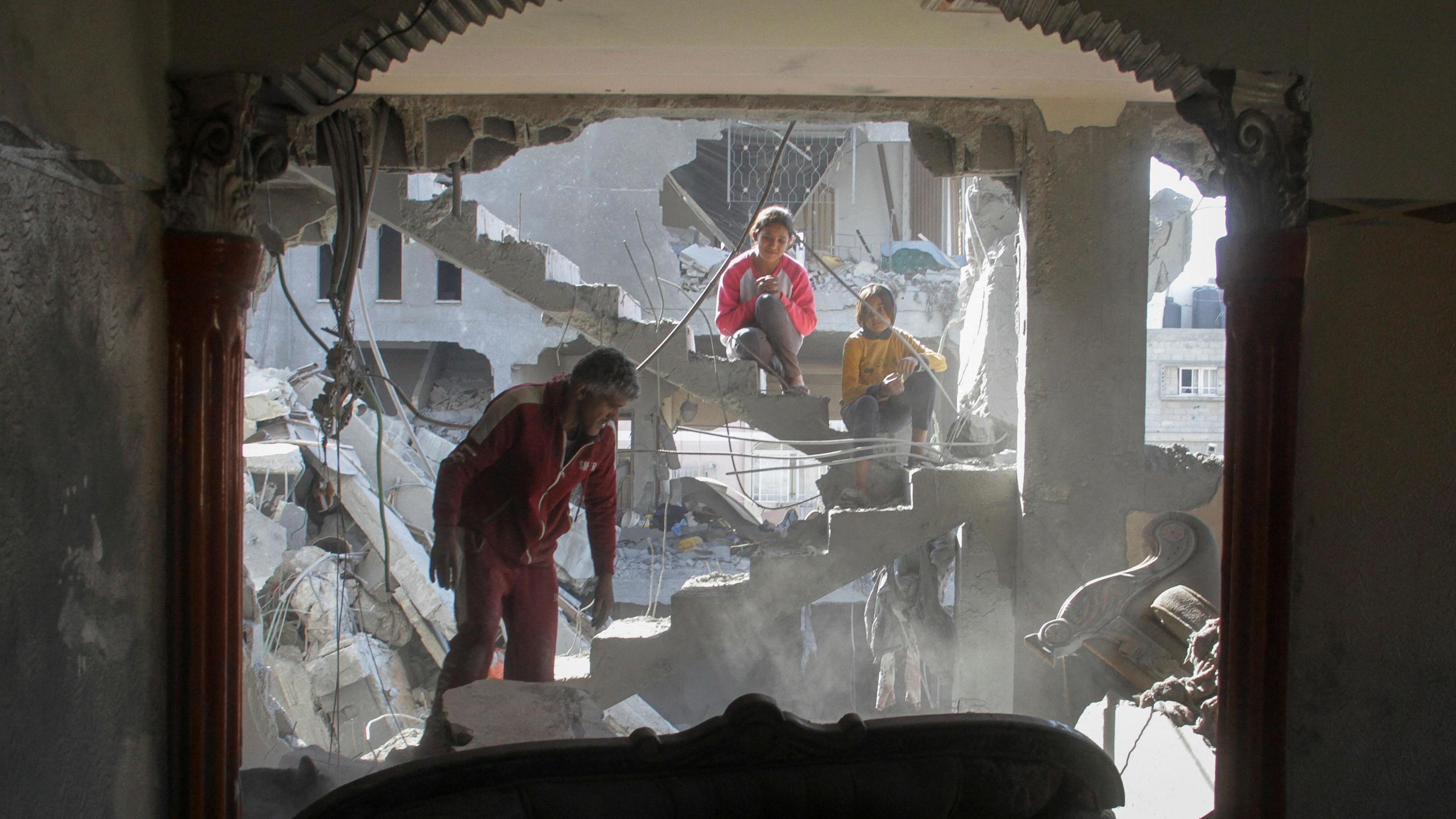
- Published
The announcement of arrest warrants by the International Criminal Court (ICC) for Israeli Prime Minister Benjamin Netanyahu and former defence minister Yoav Gallant has triggered a furious response from across Israel's political spectrum.
By contrast it has been welcomed by Hamas, Palestinian Islamic Jihad and ordinary citizens in Gaza.
Israel's President Isaac Herzog called it "a dark day for justice and humanity", saying the decision had "chosen the side of terror and evil over democracy and freedom".
Netanyahu's office called it "an antisemitic decision" and said that Israel "utterly rejects the false and absurd charges", labelling the ICC "a biased and discriminatory political body".
The chairman of the Knesset Foreign Affairs and Defence Committee, Yuli Edelstein, called it "a shameful decision by a political body held captive by Islamist interests". Israel's foreign minister said the ICC had lost its legitimacy.
Hamas has welcomed the decision, without commenting on the issuing of a warrant for its own military commander, Mohammed Deif.
In a statement it said: "We call on all countries around the world to cooperate with the court in bringing the Zionist war criminals, Netanyahu and Gallant and to work immediately to stop the crimes of genocide against defenceless civilians in the Gaza Strip".
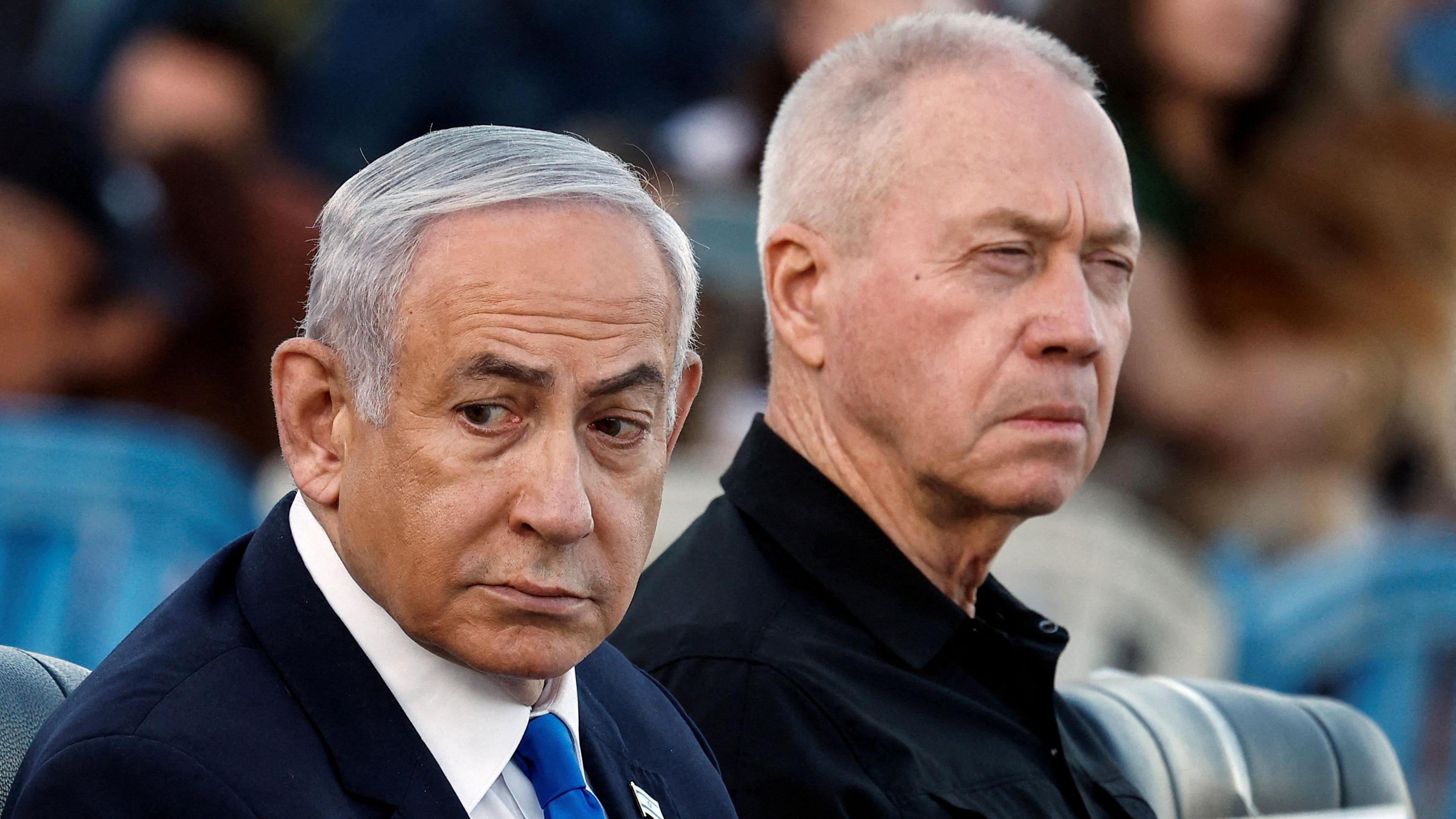
Lawyers have expressed doubts over whether Netanyahu and Gallant would ever be brought to trial
Ordinary Palestinians in Gaza have also welcomed the announcement. Muhammad Ali, a 40-year old man displaced from Gaza City and currently in the central area of Deir al-Balah, said:
"We have been terrorised, starved, had our homes destroyed, and lost our children, sons, and loved ones. We welcome this decision, and of course, we hope that the decisions of the ICC will be implemented".
Munira Al-Shami, whose sister was killed by Israeli forces last month, called the ICC decision "justice for tens of thousands of victims, including my sister Wafa".
Meanwhile, some Israeli citizens said the arrests went against Israel's right to defend itself.
"Somehow I'm not surprised," Ron Ackerman said, adding he thinks the ICC "is purely antisemitic and it doesn't see what's going on around Israel, only they look at Israel".
Helen Kariv from Jerusalem said: "When I first heard it I said, 'my God, where did they get the idea of arresting the prime minister of the state of Israel and his chief of staff'?... We are fighting for survival."
What effect will these arrest warrants have?
A total of 124 countries are signatories to the ICC, including the UK, but not the US, Russia, China, nor Israel itself.
So this means that technically, if either Netanyahu or Gallant sets foot in any of the signatory countries they must be arrested and handed over to the court.
But international lawyers have expressed doubts over whether either man will ever be brought to The Hague for trial.
The last time Netanyahu travelled outside Israel was in July to the US, a country he could still theoretically visit with impunity.
Last year he visited several countries, including the UK in March, many of which are signatories.
It is thought unlikely he would want to risk arrest by doing this again and the countries in question would also be reluctant to find themselves put in that position.
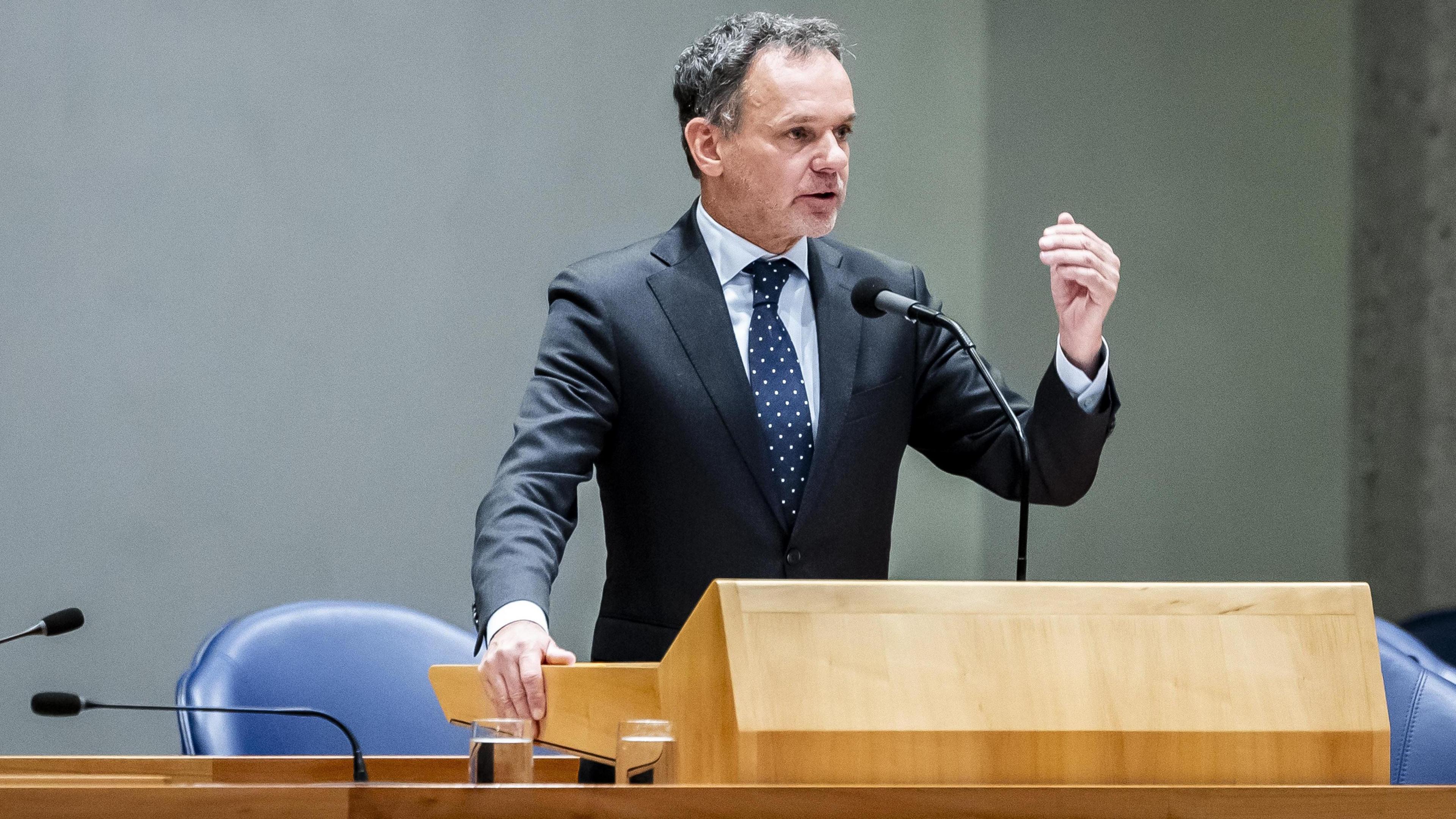
The Netherlands' foreign minister Caspar Veldkamp said his country was prepared to act upon the warrants, Dutch news agency ANP reported
Hamas has little to fear from the ICC warrant for Ibrahim Al-Masri, aka Mohammed Deif. Israel believes he was killed earlier this year, although this was never confirmed by Hamas.
The other two Hamas figures whom the ICC originally planned to prosecute – Yahya Sinwar and Ismail Haniyeh – are both confirmed as dead.
There is no question that Thursday’s announcement is a major blow to Israel’s international standing, to the two individuals named and most specifically to Israel’s ongoing efforts to present its military campaign in Gaza as a fight between the forces of good and evil.
Israelis are appalled that, in their eyes, the world seems to have already forgotten or overlooked the atrocities committed by Hamas on 7 October last year.
Palestinians, especially Gazans, feel vindicated that their accusations of Israeli war crimes have now been echoed by an international body with some weight.
- Published21 November 2024
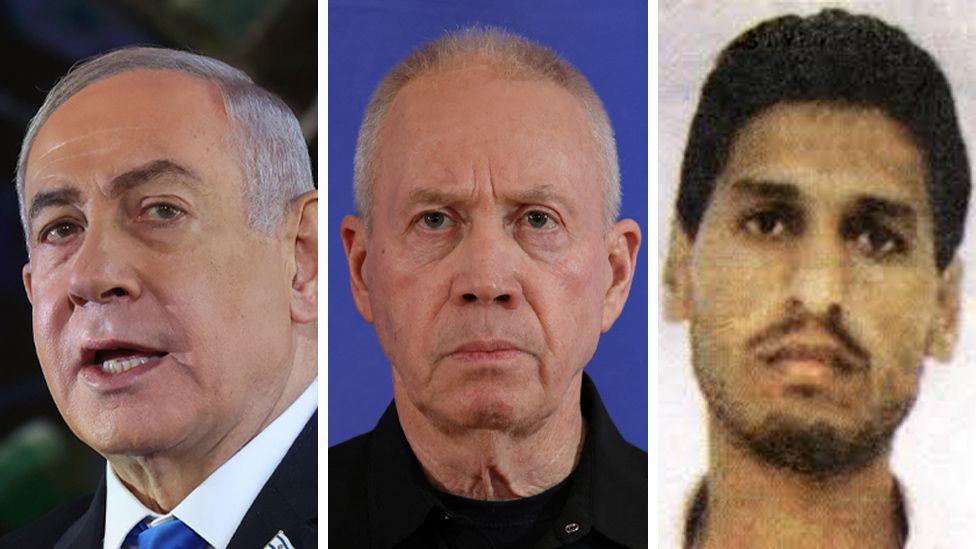
- Published7 February
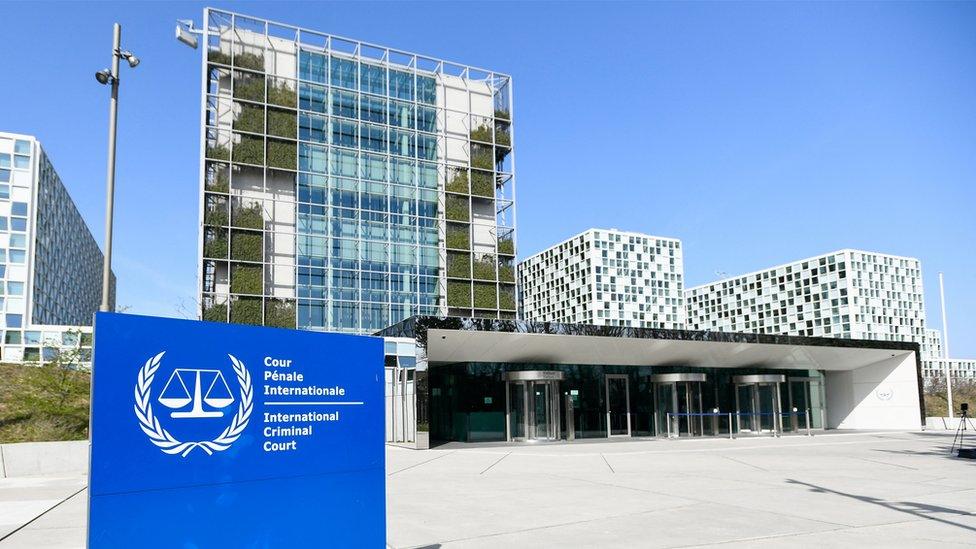
- Published5 September 2024
